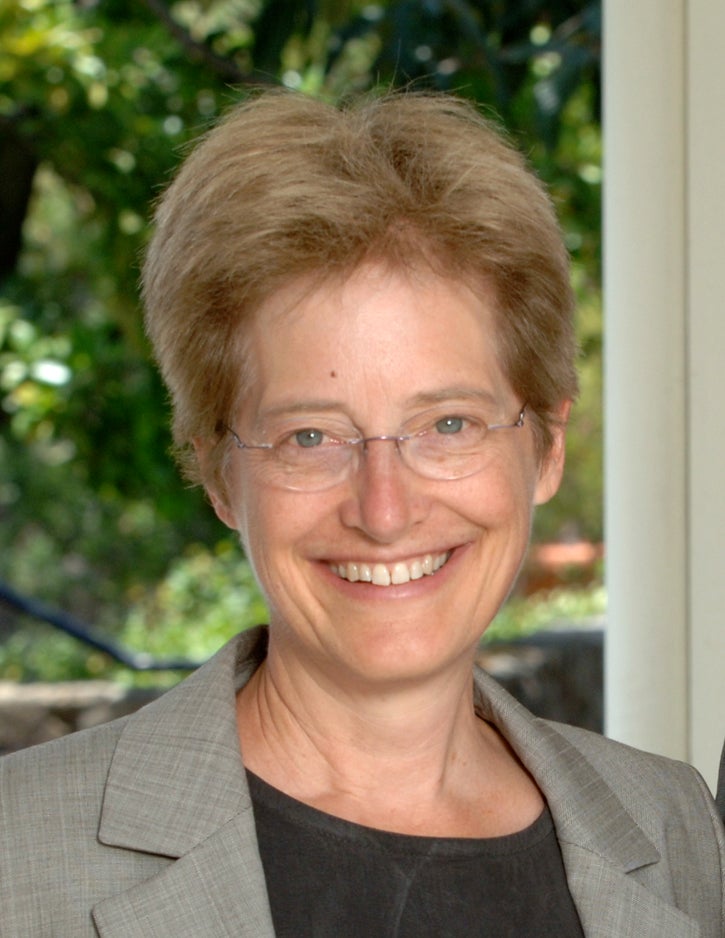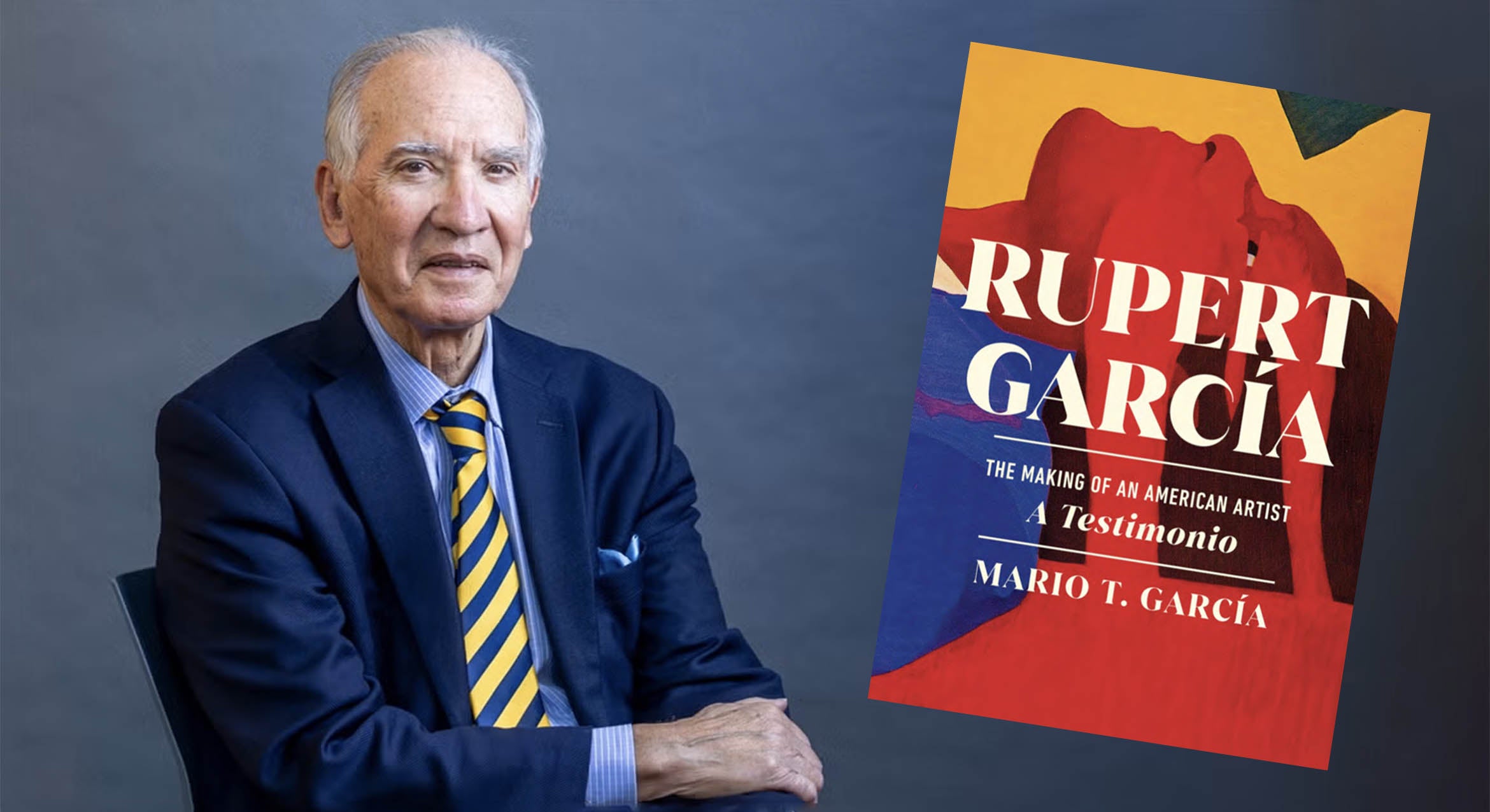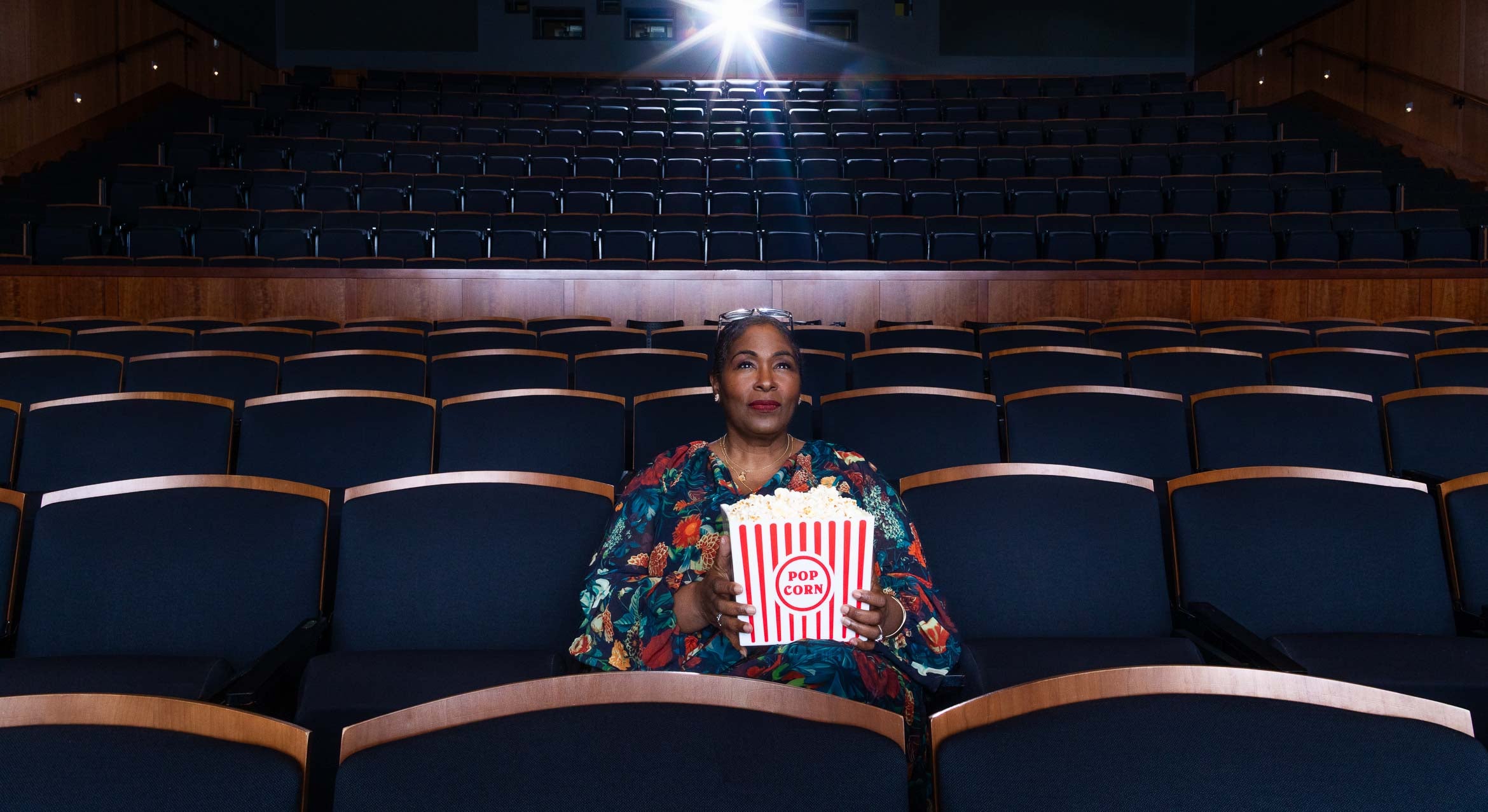
Ann Taves, professor of religious studies at UC Santa Barbara, has received a prestigious Guggenheim Fellowship for 2013. She is one of 175 artists, musicians, scholars, and scientists from the United States and Canada to be so honored by the John Simon Guggenheim Memorial Foundation, and one of only four in the field of religion.
Guggenheim Fellows are selected on the basis of distinguished achievement in the past and exceptional promise for future accomplishments.
Taves, who holds UCSB's Virgil Cordano OFM Endowed Chair in Catholic Studies, is a prolific scholar and award-winning author, and is well known for her work on religious experience. She will use her fellowship award to continue work on her current project, "Revelatory Events," a book-length comparative study of the role of unusual experiences in the earliest stages of four well-documented movements –– Mormonism, Alcoholics Anonymous, A Course in Miracles study groups, and New Age channeling.
Taves is a scholar of religion whose research has focused for some time on how people, both historical and contemporary, interpret unusual, seemingly involuntary experiences in which the usual sense of self is disrupted by anomalous perceptions or sensations. She is the author of two highly regarded books: "Religious Experience Reconsidered: A Building-Block Approach to the Study of Religion and Other Special Things" (Princeton University Press, 2009) and "Fits, Trances, and Visions: Experiencing Religion and Explaining Experience from Wesley to James" (Princeton University Press, 2009).
In "Fits, Trances, and Visions," Taves traces competing religious and scientific explanations of unusual experiences over time, to arrive at three key insights. The first is that seemingly involuntary experiences are unstable and can shift in response to suggestions from and encounters with others who variously explain, condemn, or encourage the experience in question. Second, the categories used to characterize these experiences, e.g. hysteria, mysticism, spiritual, religious, occult, are ideologically laden, theoretically unstable, and difficult to study apart from a history of discourse. And finally, it is important to figure out how to constitute historical or ethnographic objects of study in such a way that academic categories don't interfere with tracing this morphing of experience at the level of discourse –– categories and theories –– and practice.
In "Religious Experience Reconsidered," Taves demonstrates how scholars could disaggregate the concept of "religious experience" and draw on research from psychology and sociology to study the wide range of experiences to which people have –– under some conditions –– attached religious significance. Building on her previous work, as well as more recent scholarly efforts to integrate cognition and culture, her current project integrates the close reading of historical sources with research on mental and social processes to better understand how unusual experiences give rise under some conditions to new visionary movements.
Taves received her Ph.D. in the history of Christianity and American religion from the University of Chicago Divinity School and taught at the Claremont School of Theology and Claremont Graduate University for many years. At UCSB, she teaches courses that explore the role of experience in the context of emergent movements and established religious traditions. She is a past-president of the American Academy of Religion, and has served on the steering committee of the International Association for the Cognitive Science of Religion and the Council of the Society for the Scientific Study of Religion.
Related Links
John Simon Guggenheim Memorial Foundation



